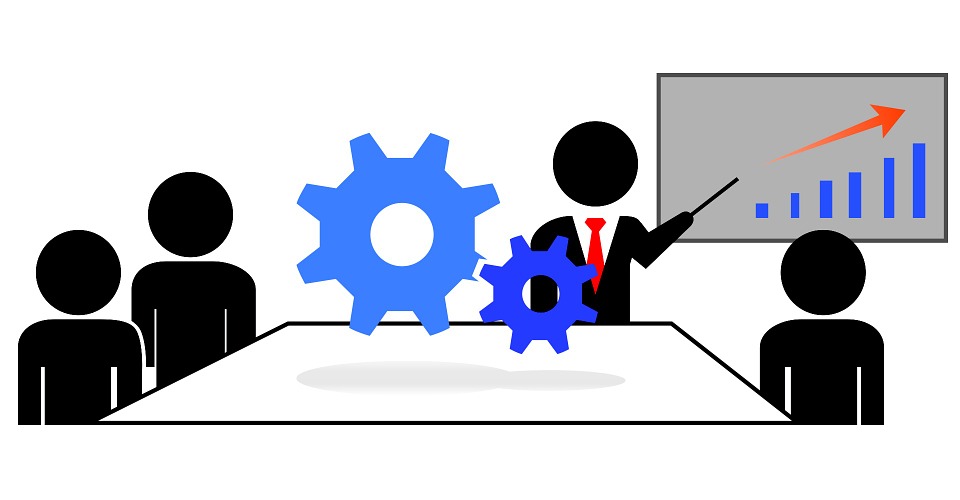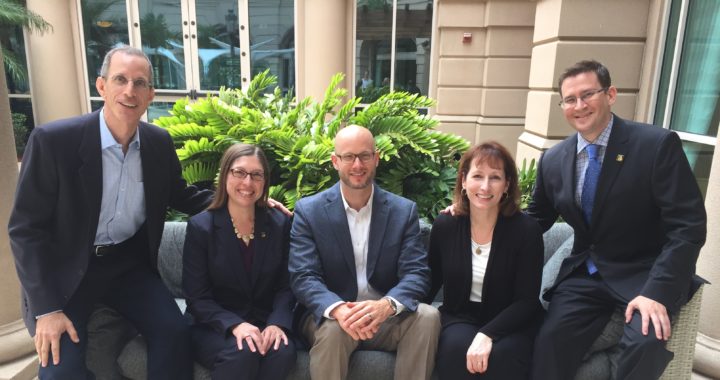Tampa Bay Collaborative Trainers are dedicated to offering a customized two-day introductory training in the one coach/neutral facilitator/neutral mental health professional model at a low-risk cost structure that will help you build a vibrant collaborative community.

But now we also have advanced training options!
Whether your community is looking for a standalone ½ day, full day, or two day advanced training, or you wish to add a third day advanced workshop to an introductory training, we have options for you.
Our advanced offerings include the topics below. Each topic can either stand on its own or be combined with other advanced topics. Further, Tampa Bay Collaborative Trainers can tailor an advanced topic to meet your community’s needs.
Enrolling the Collaborative Case
Do you want more collaborative cases? It all starts in the initial client meeting. Uncover the unconscious biases that may be preventing you from signing more collaborative clients. Learn cutting edge techniques for the initial consultation. Explore how not only attorneys, but also mental health professionals and financial professionals can become collaborative case generators. Become a collaborative rainmaker!
The Tough Ones: Collaborative Cases Involving Serious Mental Health or Substance Abuse Issues
Most collaborative cases involve some expression of emotion (sadness, anger, anxiety, etc.), and a fair number involve clients with personality traits that pose challenges for the process. However, some collaborative cases present with acute mental health or substance abuse conditions as a primary or major factor to be addressed by the collaborative team. These conditions might include major depressive disorder or bipolar disorder, conditions with psychotic symptoms, serious anxiety disorder, or dependence on alcohol or other drugs. In certain cases, one of the spouses may be eligible for dual diagnosis of a mental health condition and a substance abuse problem.
This advanced training focuses on the ways in which a collaborative team identifies, assesses, and monitors these conditions, and ways in which the team works toward agreement when these conditions are present.
Option Building in Collaborative Cases
Are you or professionals in your community struggling with the differences between interest-based discussions and positional bargaining? Are you or your teammates having difficulty letting go of traditional settlement negotiations as compared to collaborative option-building methods? In this advanced training, join us as we go in depth at cutting edge option-building techniques, learn how to prepare your client for difficult discussions, and enable your clients to reach truly durable agreements!
Building A Thriving Collaborative Community
Has Collaborative Practice just been introduced to your community? Or are you and your colleagues trying to reinvigorate a practice group that has seen its better days? This workshop will examine the challenges that your community faces, explore the aspirations of you and your colleagues, discuss the lessons learned from the growth of Collaborative Practice in Tampa and other communities, and help you develop a plan for building a thriving collaborative community!
Collaborative Unscripted: The Role of Creativity in the Process
Communities have created protocols for collaborative practice, but how do you adapt to client requests for process changes or challenging client dynamics for which typical conventions feel lacking? In this interactive, thought-provoking workshop, the Tampa Bay Collaborative Trainers guide participants through challenging real world scenarios using the creativity of the collective to figure out when it makes sense to go off script.
Examples of challenging scenarios may include cases where there are (i) anger issues or allegations of domestic violence, (ii) clients with mental health or substance abuse issues, (iii) spouses who are deeply distrusting or where there are allegations of financial foul-play, (iv) long distances between the parties, or (v) non-traditional families, including where there are children with three or more individuals who claim parental rights.
LGBT Relationships: The New Family and Out-of-Court Dispute Resolution
Now is an exciting time to be in family law, as we have witnessed the recognition of rights to LGBT families and a march towards equality. But there are specific legal and other concerns of which mediators and collaborative professionals should be aware. This engaging, highly-interactive workshop will explore how we can help LGBT clients through private dispute resolution and examine current and future challenges and opportunities for the New Family.
The Crossroads Between Collaboration and Mediation
Sometimes seen as competitors, mediation and collaborative practice have many similarities, but there can also be some clear cut differences. In a highly interactive, engaged conversation, this workshop compares and contrasts collaborative practice and mediation, explores ways in which principles and techniques of each form of ADR can be applied to the other, and examines how mediators and collaborative professionals are natural referral bases to one another.
For more information, visit http://TampaBayCollaborativeTrainers.com, or contact Adam B. Cordover at (813) 443-0615 or adam@cordoverlaw.com.

